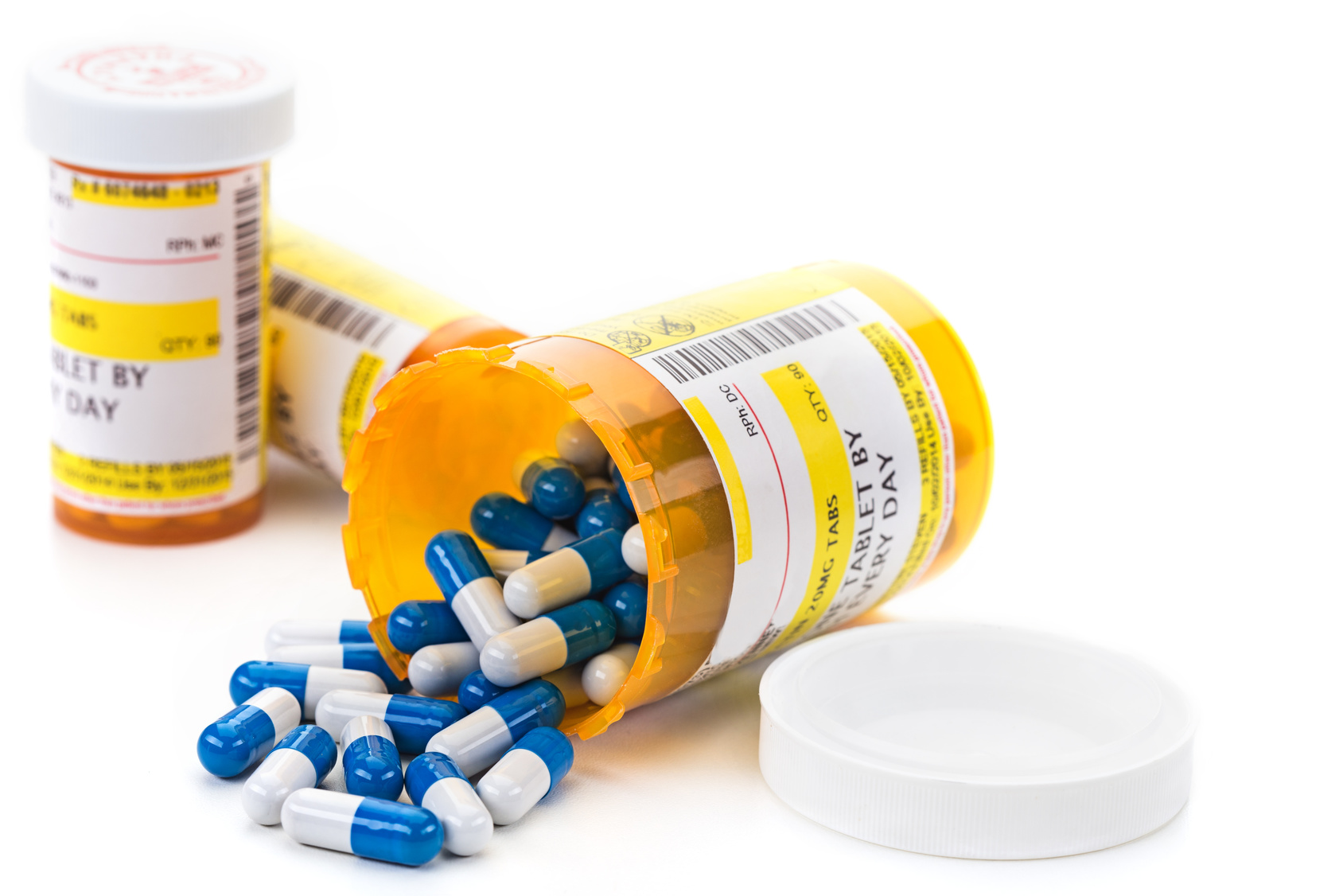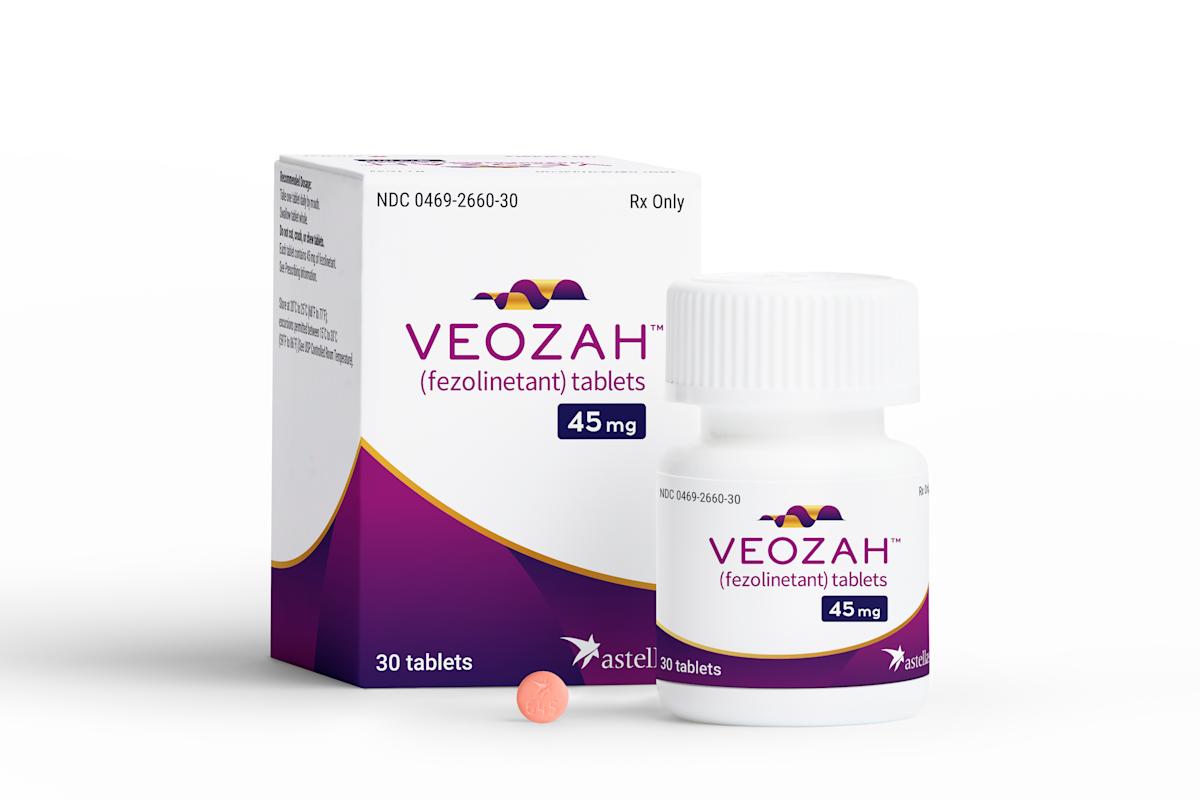Over the counter medicine for hot flashes – Hot flashes, a common symptom of menopause, can significantly impact daily life. Over-the-counter (OTC) medications offer a convenient and accessible solution for managing these uncomfortable episodes. This guide explores the various OTC medications available, their efficacy, safety considerations, and alternative therapies, empowering individuals to make informed decisions about their health.
OTC medications for hot flashes include pain relievers, hormone replacement therapy, and herbal supplements, each with unique mechanisms of action and potential side effects. Understanding the effectiveness and safety profile of these medications is crucial for selecting the most appropriate option.
Common Over-the-Counter Medications for Hot Flashes: Over The Counter Medicine For Hot Flashes

Over-the-counter (OTC) medications can provide temporary relief from hot flashes. These medications work by reducing the severity and frequency of hot flashes, improving sleep quality, and reducing night sweats.
Some common OTC medications used to treat hot flashes include:
- Acetaminophen(Tylenol): Acetaminophen is a pain reliever and fever reducer that can help reduce the discomfort associated with hot flashes.
- Ibuprofen(Advil, Motrin): Ibuprofen is a nonsteroidal anti-inflammatory drug (NSAID) that can help reduce inflammation and pain associated with hot flashes.
- Aspirin(Bayer, Ecotrin): Aspirin is another NSAID that can help reduce inflammation and pain associated with hot flashes.
- Black cohosh(Remifemin): Black cohosh is an herbal supplement that has been shown to reduce the frequency and severity of hot flashes.
- Red clover(Promensil): Red clover is another herbal supplement that has been shown to reduce the frequency and severity of hot flashes.
It is important to note that these medications may have side effects, such as stomach upset, nausea, and dizziness. It is important to talk to a doctor before taking any OTC medications for hot flashes.
Efficacy of OTC Medications for Hot Flashes
Over-the-counter (OTC) medications offer varying degrees of effectiveness in reducing hot flash frequency and severity. Clinical studies and research papers have demonstrated the benefits and limitations of these medications.
Clinical Evidence
Several clinical studies have evaluated the efficacy of OTC medications for hot flashes. For instance, a study published in the journal Menopausefound that black cohosh extract significantly reduced hot flash frequency by 50% compared to placebo. Similarly, a study in the journal Obstetrics & Gynecologyreported that soy isoflavones reduced hot flash severity by 30% compared to placebo.
Duration of Effectiveness
The duration of effectiveness for OTC medications varies depending on the individual and the specific medication used. Some medications, such as black cohosh extract, may provide relief for several months, while others, such as soy isoflavones, may require continuous use to maintain effectiveness.
Limitations
OTC medications for hot flashes are generally well-tolerated, but some individuals may experience side effects such as nausea, headache, or skin rashes. Additionally, these medications may not be effective for all women and may interact with certain prescription medications. It is important to consult with a healthcare provider before using any OTC medications for hot flashes.
Safety Considerations of OTC Medications for Hot Flashes
Over-the-counter (OTC) medications for hot flashes generally have a favorable safety profile when used as directed. However, it’s important to be aware of potential drug interactions, contraindications, and precautions to ensure safe and effective use.
Drug Interactions
Some OTC medications for hot flashes may interact with other medications, including prescription drugs, supplements, and herbal remedies. For instance, certain antidepressants, such as selective serotonin reuptake inhibitors (SSRIs), may increase the risk of hot flashes. It’s crucial to inform your healthcare provider about all medications you are taking to avoid potential interactions.
Contraindications, Over the counter medicine for hot flashes
Certain OTC medications for hot flashes may not be suitable for individuals with specific medical conditions. For example, black cohosh should not be used by people with liver disease, and soy isoflavones may be contraindicated for individuals with a history of breast cancer.
Precautions
It’s important to follow the recommended dosage and duration of use for OTC medications for hot flashes. Prolonged or excessive use of certain medications, such as aspirin or ibuprofen, can lead to side effects like stomach upset or liver damage.
Additionally, individuals with allergies to specific ingredients in these medications should avoid using them.
Recommendations for Safe Use and Monitoring
To ensure safe use of OTC medications for hot flashes, consider the following recommendations:
- Consult with your healthcare provider before using any OTC medications, especially if you have any underlying medical conditions or are taking other medications.
- Follow the dosage and duration of use instructions carefully.
- Be aware of potential drug interactions and contraindications.
- Monitor your response to the medication and report any unusual side effects to your healthcare provider.
Alternative Therapies for Hot Flashes

Alternative therapies offer a range of non-prescription options for managing hot flashes. These therapies aim to address the underlying causes of hot flashes, such as hormonal imbalances, stress, and lifestyle factors.
Lifestyle modifications, herbal remedies, and acupuncture are some of the most commonly used alternative therapies for hot flashes. While scientific evidence supporting their effectiveness may vary, anecdotal accounts and preliminary studies suggest they may provide relief for some individuals.
Lifestyle Modifications
Simple lifestyle changes can help reduce the frequency and severity of hot flashes. These include:
- Maintaining a healthy weight
- Regular exercise
- Stress management techniques, such as yoga or meditation
- Avoiding triggers like caffeine, alcohol, and spicy foods
- Dressing in layers to adjust to temperature fluctuations
Herbal Remedies
Certain herbal remedies have been traditionally used to alleviate hot flashes. These include:
- Black cohosh: A herb that may help reduce the frequency and intensity of hot flashes
- Dong quai: A Chinese herb that is believed to balance hormones
- Evening primrose oil: A natural source of gamma-linolenic acid, which may help reduce inflammation
- Red clover: A herb that contains isoflavones, which have estrogen-like effects
It is important to note that herbal remedies should be used with caution, as they can interact with other medications or have side effects.
Acupuncture
Acupuncture is a traditional Chinese medicine technique that involves inserting thin needles into specific points on the body. It is believed to help regulate the flow of qi, or energy, in the body and reduce hot flashes.
Studies on the effectiveness of acupuncture for hot flashes have shown mixed results. However, some women report experiencing a reduction in hot flashes after acupuncture treatments.
When to Consult a Healthcare Professional
If your hot flashes are severe, persistent, or accompanied by other symptoms, it’s important to consult a healthcare professional. They can help determine the underlying cause and recommend appropriate treatment options.Potential underlying medical conditions that may require treatment include:
- Thyroid problems
- Hormone imbalances
- Certain types of cancer
- Medications
Symptoms and signs that warrant professional consultation include:
- Hot flashes that are severe or debilitating
- Hot flashes that occur more than 10 times per day
- Hot flashes that last for more than 5 minutes
- Hot flashes that are accompanied by other symptoms, such as chest pain, shortness of breath, or dizziness
- Hot flashes that interfere with daily activities or sleep
Ultimate Conclusion
Managing hot flashes effectively involves a multifaceted approach that may include lifestyle modifications, alternative therapies, and OTC medications. By consulting with a healthcare professional, individuals can determine the best course of action based on their individual needs and circumstances. OTC medications can provide significant relief from hot flashes, improving overall well-being and quality of life.
FAQ Guide
Can I take OTC medications for hot flashes if I have other health conditions?
Consulting with a healthcare professional is essential to determine the safety and appropriateness of OTC medications based on individual health conditions.
How long can I take OTC medications for hot flashes?
The duration of OTC medication use for hot flashes varies depending on the medication and individual response. Regular monitoring by a healthcare professional is recommended.
Are there any natural remedies for hot flashes?
Alternative therapies such as lifestyle modifications, herbal supplements, and acupuncture may provide relief from hot flashes, but their effectiveness can vary.
